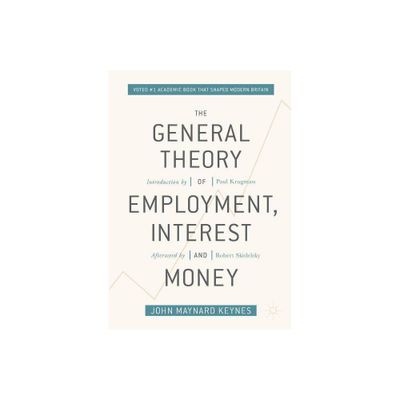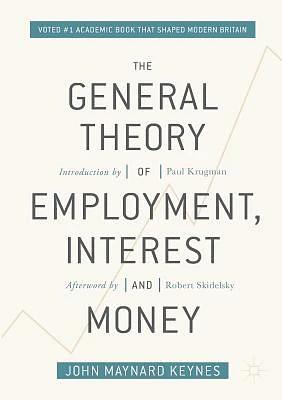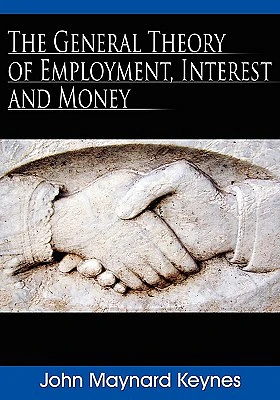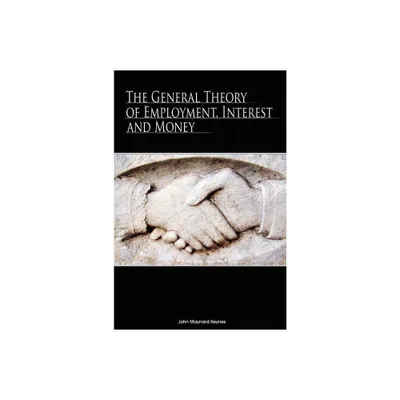Home
Money, Debt and Interest in Monotheistic Religions: An Etymological Approach
Loading Inventory...
Barnes and Noble
Money, Debt and Interest in Monotheistic Religions: An Etymological Approach
Current price: $180.00


Barnes and Noble
Money, Debt and Interest in Monotheistic Religions: An Etymological Approach
Current price: $180.00
Loading Inventory...
Size: Hardcover
*Product Information may vary - to confirm product availability, pricing, and additional information please contact Barnes and Noble
This book offers a chronological account of the development of interest-bearing debt and how the issue of interest has been addressed throughout medieval and modern civilizations. It provides a review of the impact of these interest-bearing debt practices upon social relations and institutions, throughout the history of modern economics, observing the relative conditions of the time.
The author asserts that the development of the concept of interest and debt can be traced through three historical periods. The first period covers measures from a more radical stance, as introduced by the Monotheistic religions, with the same foundations and principles at their core. The second period examines the arguments that justify interest-bearing debt and particularly how the stance of major religions has been translated into a basis of support for these transactions. And the final part offers a linear report of the development of interest-bearing debt and its disruptive impact throughout the history of economics from medieval times to the modern era. Initially, the book presents a conceptual framework of terms applicable to the discussions and then examines the consistency and reliability of the theological and philosophical arguments on the restrictions imposed upon the practice of interest and debt, including rigid prohibition. While the book is grounded in research that relies heavily on historical sources, it offers a contribution to the literature on economics as well, since the historical findings are analyzed in the context of economic terms and theories.
An interdisciplinary effort, the book will attract the attention of those who have an interest in finance, economics, history, religion, and sociology.
The author asserts that the development of the concept of interest and debt can be traced through three historical periods. The first period covers measures from a more radical stance, as introduced by the Monotheistic religions, with the same foundations and principles at their core. The second period examines the arguments that justify interest-bearing debt and particularly how the stance of major religions has been translated into a basis of support for these transactions. And the final part offers a linear report of the development of interest-bearing debt and its disruptive impact throughout the history of economics from medieval times to the modern era. Initially, the book presents a conceptual framework of terms applicable to the discussions and then examines the consistency and reliability of the theological and philosophical arguments on the restrictions imposed upon the practice of interest and debt, including rigid prohibition. While the book is grounded in research that relies heavily on historical sources, it offers a contribution to the literature on economics as well, since the historical findings are analyzed in the context of economic terms and theories.
An interdisciplinary effort, the book will attract the attention of those who have an interest in finance, economics, history, religion, and sociology.









![ABCs of Debt: A Case Study Approach to Debtor/Creditor Relations and Bankruptcy Law [Connected eBook]](https://prodimage.images-bn.com/pimages/9781543840186_p0_v5_s600x595.jpg)








